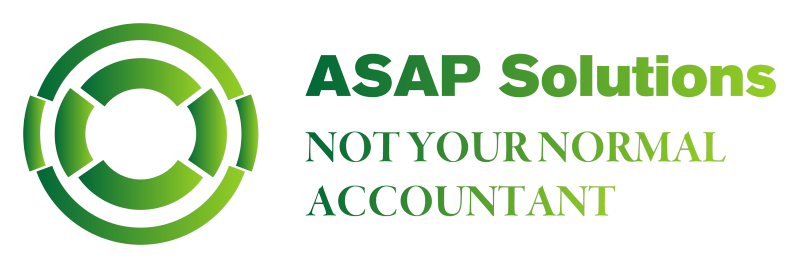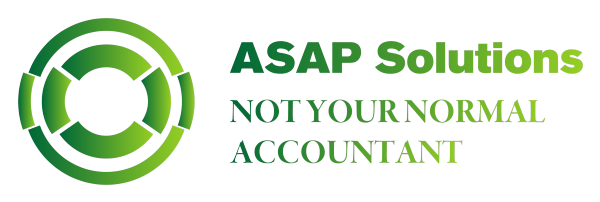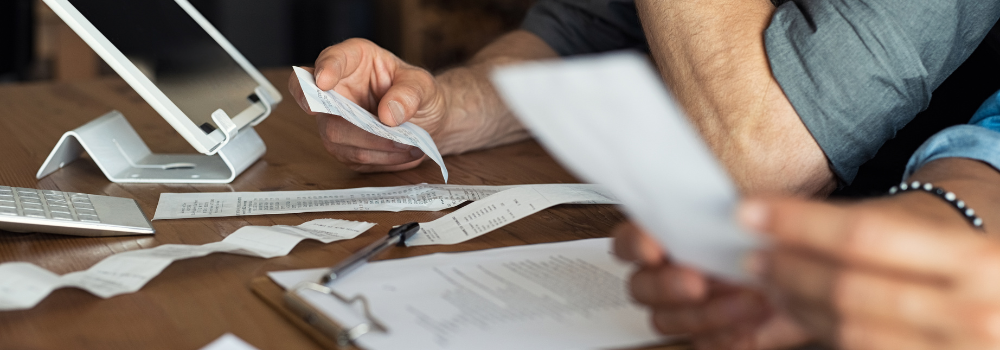We have all heard the saying that you have to spend money to make money. Simply put, there are costs involved in running a business, and these costs are called your business expenses. You can claim these work-related expenses as a tax deduction.
Like with a personal tax return, what you claim lowers your taxable income. It isn’t a refund of the money you have spent on your business.
The ATO has guidelines about what can be claimed as a business expense. So it is essential to understand what you can and can’t claim to make sure you are not paying more tax than you need to.
Some business expenses are straightforward, such as the rent on your commercial space. But some expenses aren’t quite as simple to calculate; for instance if you rent a 2-bedroom apartment and the second room is a dedicated work-from-home office, can you claim your rent as a business expense?
Types of Business Expenses
Let’s start by understanding the various business expenses you may incur. To take full advantage of these tax offsets and lower your tax liability, you must account for all the business expenses incurred by your business.
To support small businesses, there are other incentives that can also help you to lower your taxable income. Some of these can be short-term such as the Small Business Technology Investment Boost applies to expenditure incurred between 29 March 2022 until 30 June 2023. This boost allows you to claim 120% “of the cost incurred on business expenses that support their digital adoption”. That is, if you spend $10,000 on eligible portable payment devices, cyber security systems or subscriptions to cloud-based services, the boost allows you to claim $12,000 on your 22/23 tax return.
We often discuss expenses in the context of cash flow, income, profit and loss. However, understanding your expenses and accurately recording them for your tax can not only save time and headaches when it comes to your tax return. It can directly influence your bottom line if you are not correctly claiming the tax offsets for which you are eligible.
Start-up Expenses
Depending on your business type, you may have an initial outlay (capital) you need to spend to get started. For example, you may require equipment, tools, a new computer or even a website.
These start-up expenses are typically upfront costs. You may be able to claim a deduction for the costs associated with setting up a business or raising finance, such as:
- Establishing a company or other business structure
- Converting your business structure to a different structure
- Raising equity for your business
- Defending your business against a takeover
- Unsuccessfully attempting a takeover
For the expenses in the above list, you can claim a deduction amortised over a five-year period (that is, 20% in the year you incur them and in each of the following four years).
It can be costly to start a business, and it is recommended to have a business plan in place so you have a clear idea of when you will incur a profit from your company. These initial expenses are all tax deductible, but they are still expenses you incur.
If you are considering starting a business, you can book a review with me to look at the best strategy to minimise your tax obligations and the incentives you may be eligible for.
Operating Expenses
Your ongoing operating costs, including stationery, IT and other software you use for business purposes and marketing, such as your website and Newsletters, can all be claimed as taxable expenses.
If you have taken out a business loan, you may be able to claim interest expenses as tax deductions. On the other hand, if you have a business account that accrues interest, you may have to declare the interest as a taxable income.
With much of the workforce working from home or having a flexible work option, the line between a business and personal expense can become blurred, especially if you are running your business from home.
If you need to pay utilities such as electricity and gas for commercial premises, these are tax deductible expenses. However, personal expenses are not tax deductible. If you work from home and use your internet for both personal and business, you will need to determine how much of the shared resources are used for business and how much for personal. If 50% of internet usage is estimated to be business, 50% of your internet bill could be claimed as a business expense. However, if you claim the work-from-home allowance as a Sole Trader, there may be other considerations.
If you are renting an apartment with an extra room specifically for your home office, then perhaps 30% of the floor area is exclusively for business purposes. You may be entitled to claim 30% of your rent as a business expense. Where you are unsure what you can claim, it is worth chatting to us to ensure that you are not paying more tax than you need to but are not making any errors that could result in a bill from the tax office.
In some instances, there are different methods for calculating your tax offset, and we can work out which way is the best for your business.
Capital Expenses
Finally, you are allowed to claim depreciation on certain capital expenses and capital works. Capital works used to produce income, including buildings and structural improvements, are written off over a more extended period than other depreciating assets.
A depreciating asset has a limited effective life and can reasonably be expected to decline in value over the time it’s used. For example, a machine purchased to upgrade your output or services would likely be a depreciating asset.
How Do Business Expenses Impact or Reduce Taxes?
Tax deductions reduce taxable income, which is the balance of your income minus expenses.
For example, you are a Sole Trader and your income for the financial year is $100,000. Your tax bracket for the 22/23 financial year would mean your tax rate is 32.5%. The tax on your income is $22,967.
However, you have had a number of expenses, such as tools you needed to purchase as you started your business this year. Once you account for your expenses, your taxable income is $45,000.
This not only brings down the portion of the income you can be taxed on, but it also changes your tax bracket to 19.0%. The tax on your taxable income in this example is $5,092.
Knowing what you can deduct and making sure you are keeping sufficient records to make your tax claims is crucial in minimising your taxable income.
Records you need to keep for deductions
You must keep receipts and invoices for any tax deductions you claim. Records are written evidence of your income or expenses in paper or electronic form. In most cases, you must keep records for five years from the date you lodge your tax return.
If you claim a deduction, you must have records to show how you work out your claims. Records are usually a receipt from the supplier of the goods or services. A receipt must show the following:
- Name of the supplier
- Amount of the expense
- Nature of the goods or services
- Date the cost was paid
- Date of the document
Tracking Business Expenses With Software
There are several different software options to help you track your business expenses and income. When set up correctly, they can help streamline your business so that you have a comprehensive understanding of your actual cash position, as well as your profit and loss.
They can also help you make sure you don’t miss any important deductions, store your records appropriately, and categorise your expenses correctly, so you are not paying more tax than you are required to.
What Are Business Expense Categories?
Businesses generate a range of expenses that can be challenging without consistent bookkeeping. Most software solutions will allow you to categorise the costs, so you can easily see the areas you spend money. By understanding your expenses, you ensure you are not paying for expenses you don’t need.
Having expense categories can:
- Provide insight into what, where, and why money is spent
- Enable data-driven decisions around budgeting and cost optimisations
- Provide a bird’s eye view of spending across different expense categories
Another reason you need to organise your business expenses is to determine your tax deductions. Knowing which class each expense falls into lets you take advantage of applicable deductions.
Please book an appointment with me if you would like any assistance with your tax, setting up your software, or training to get the most out of your bookkeeping software.
This blog post is intended for informational and educational purposes only. The information provided in this blog post should not be taken as professional accounting advice or recommendations.
Liability limited by a scheme approved under Professional Standards Legislation.



